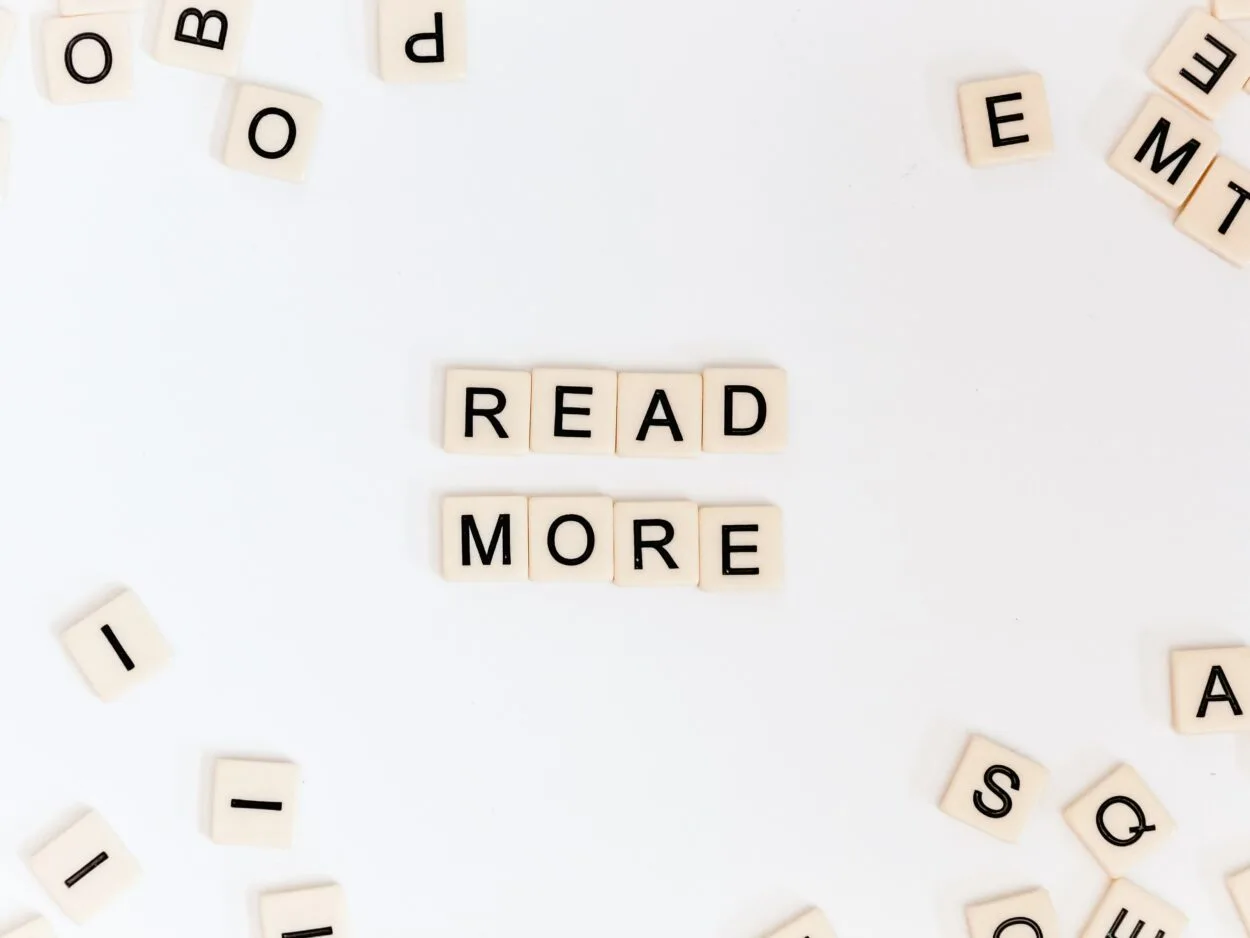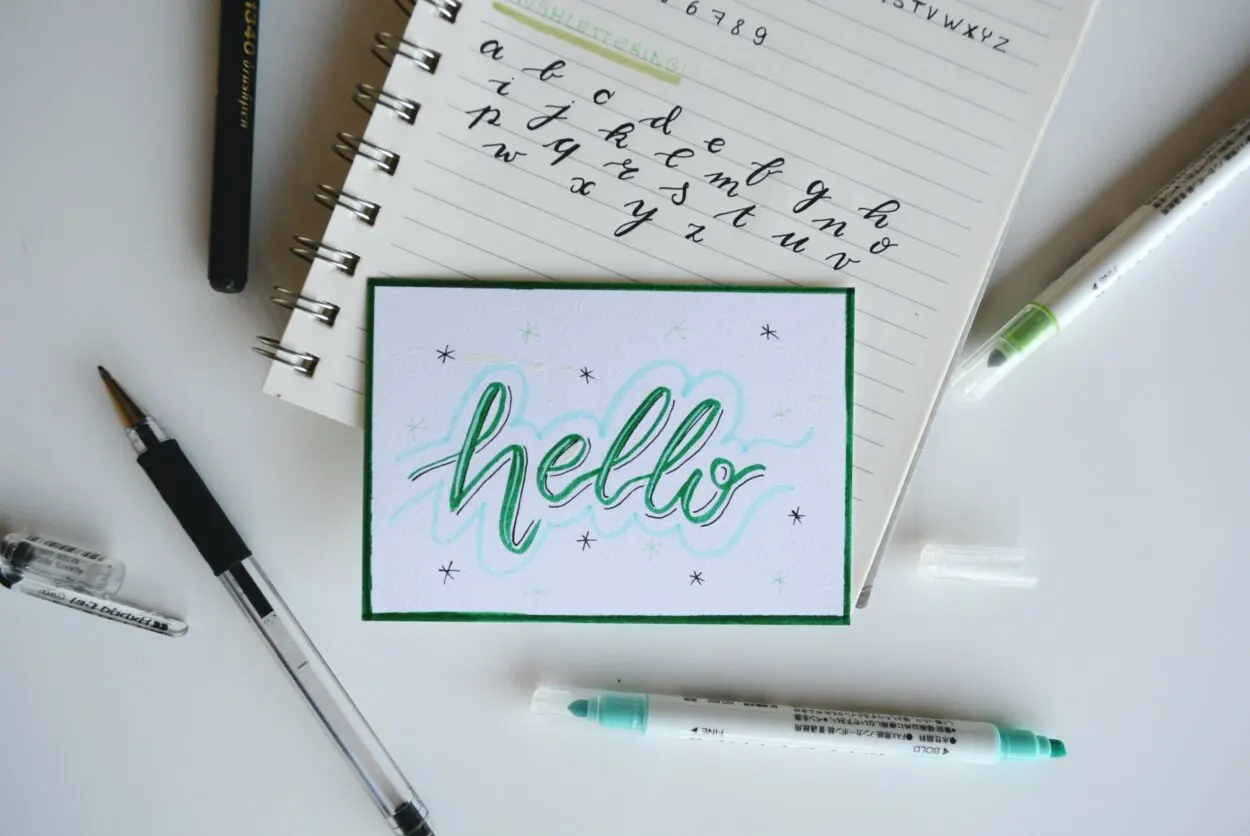There are several common English sentences that we use in our day-to-day lives to interact with people. As a basic etiquette, the first thing we do when we meet someone is greet them, either by saying hello or asking them how they are.
English isn’t as complex as most people think. It’s the easiest language that one can learn. It’s also the global language, which means that almost every individual knows English, at least to some extent.
Let’s talk about some of the most used expressions in the English language.
“How have you been?” and “How are you?” are two sentences that people use instinctively. People often use these instead of saying hello.
“How have you been?” is the present perfect tense. It means that one wants to know what have you been doing since the last time we saw each other.
“How are you?” on the other hand, is in the present tense, which means that one wants to know how you are doing right now.
The difference between “how have you been” and “how are you” is that, “how have you been” is in the present perfect tense, whereas “how are you” is in the present simple tense. “How have you been” means that one wants to what has been going on with you or in your life. “How are you” means that one wants to know what you are up to currently.
Keep reading to know more.
Understanding English Verb Tenses
To differentiate between these sentences, one must know all the tenses. Therefore, here is a list of them.
There are three main tenses: past, present, and future. Each of these tenses has four main aspects: simple, perfect, continuous (also called progressive), and perfect continuous.
| Tense | Meaning | Example |
| Present simple | It’s used for facts, and generalizations, as well as truths that aren’t affected by the passage of time | He writes papers for his classes |
| Past simple | It’s used for events that were done in the past | He wrote the papers for his classes last month |
| Future simple | It’s used for events that will be done in the future | He will write papers for his classes next semester |
| Present perfect | It’s used to describe events that started in the past and are expected to continue. | He has written some of his papers for his classes, however, he still has a few papers left to write |
| Past perfect | It’s used to describe the events which happened before to other events in the past | He had written a lot of papers for his classes before he switched colleges |
| Future perfect | It’s used to describe events that will be finished between now and a specific time in the future | He will have written several papers for his classes by the end of this month |
| Present continuous | It’s used to describe actions that are currently ongoing (often temporary) | He is writing a paper for his classes |
| Past continuous | It’s used to describe ongoing past events, usually, these events are in relation to the occurrence of another event | He was writing a paper for his class when his pen broke |
| Future continuous | It’s used to describe the future events which are expected to continue over a certain period of time | He will be writing many papers for his classes next semester |
| Present perfect continuous | It’s used to describe the events that began in the past and continue into the present or were recently finished | He has been writing a paper all day, and now he needs to get some rest |
| Past perfect continuous | It’s used to describe events that started, continued, and ended in the past | He had been writing a paper all day, and she needed to get some rest |
| Future perfect continuous | It’s used to describe events that will continue until a certain point in the future | He will have been writing this paper for two months when he hands it in |
What is the meaning of “How have you been”?

“How have you been” is a present perfect tense which means that someone is asking you how have you been doing lately or what is going on in your life.
When someone asks you, “How have you been?” they most probably want to know how you are doing, if you are okay or not. Moreover, they also want to know if you went through something personally.
“How have you been?” is quite a personal question; however, people usually respond to it by saying, “I have been doing good”.
This question also leads to deep conversations, often among friends or someone you are close to.
“How have you been?” is mostly used when you meet someone after a certain period of time, meaning when you meet someone after three or four months, and then you will encounter this question because the person who asked the question wants to know what was going on in your life in this while.
Learn more about the forms through this video.
Should I use “How have you been?” or “How are you?”
‘How have you been?’ and ‘How are you’ are both acceptable therefore, both can be used with whomever you want. However, ‘How have you been’ is used when a certain amount of time has passed since you last met, whereas ‘How are you’ can be used whenever you talk to the person, even if it’s every day.
‘How are you’ is a present simple tense, and it’s asking what is happening at the very moment.
‘How have you been?’ sounds quite formal. However, it’s not the case. You can use it with whomever you want.
What is the response to “How have you been”?
There are many responses to ‘How have you been’, however, primarily, people respond to it by saying, “I have been good,” and either “How have you been?” or “How are you?” follows.
Imagine a teacher asked you, “How are you?” or “How have you been?” the conversation should go as follows:
Teacher: How have you been?
You: I have been doing good, thank you for asking. How about you?

Various Responses
Here is a list of responses to ‘How have you been?’.
- Never felt better
- Not bad
- I’m alright.
- Not too bad (meaning varies by the tone of the speaker’s voice)
- So far, so good!
- Same old, same old
- Going With the Flow
- Could be better
- Could be worse
- Just the usual
- Can’t complain
- Alive and kickin’
- Living a dream
- Crazy lately
- Blessed
- Good actually
- Don’t ask!
- All good
- Trying to stay positive
- Things are looking up
- It’s been a tough week.
- I’m struggling a bit.
- I’m not going to lie.
- Not doing so well
These are some of the most common responses, and some of them also lead to deep conversations if this question is asked by a friend or someone you are close to.
How can we ask, “How are you”?

“How are you?” is quite common, and now it’s also used instead of greetings. Nonetheless, there are several ways to ask someone how they are without saying the words “How are you?”.
Here is a list of sentences that you can use instead of “how are you”.
- How’s everything?
- How’s it going?
- Is everything alright?
- How are things?
- What’s up?
- How are you doing?
- What’s new?
- You alright?
- How have you been?
- What have you been up to?
- How are things going?
- Are you well?
To Conclude
- “How have you been?” and “How are you?” differ in tense and context.
- “How have you been?” refers to recent events in the present perfect tense.
- “How are you?” asks about the current state of well-being in the present tense.
- Understanding past, present, and future tenses helps distinguish between these greetings.
- Responses to “How have you been?” usually discuss general well-being or recent experiences.
- Alternatives like “How’s everything?” or “What have you been up to?” serve as substitutes for “How are you.”
- Both phrases suit casual conversation, with “How have you been” more common after a prolonged absence.
- These greetings showcase English’s versatility in everyday communication.
- Grasping past, present, and future tenses aids in utilizing these greetings appropriately.

